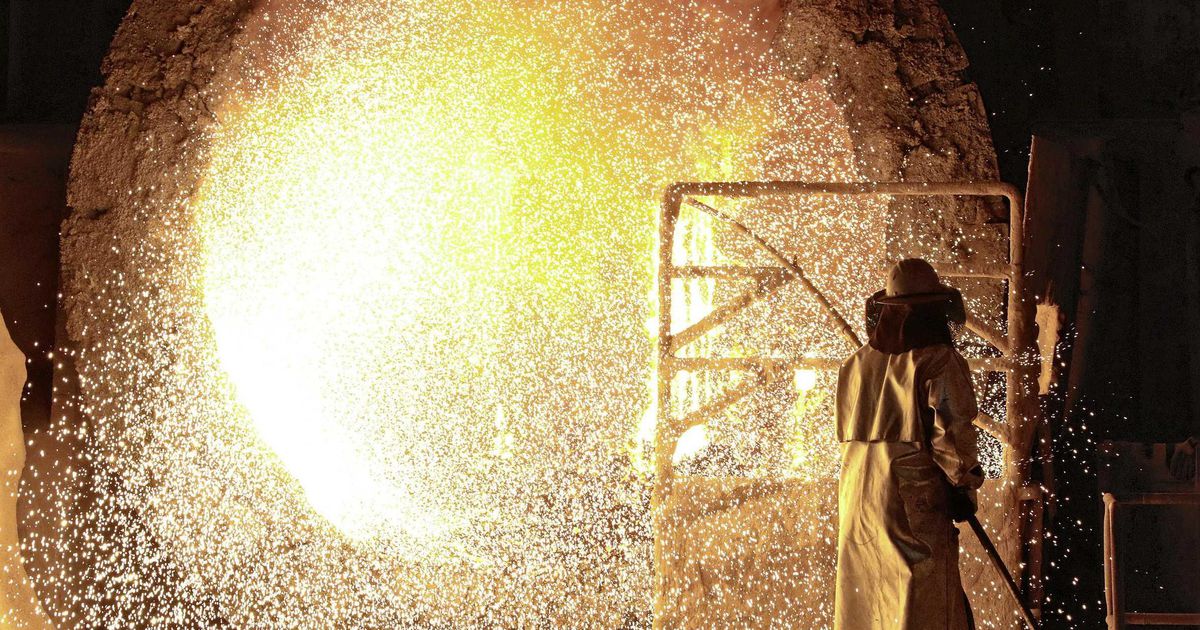Thus, an imminent increase in anti-European duties, for example on Harley-Davidson motorcycles and Levi Strauss jeans, is out of the question. The deal should better arm both superpowers against an oversupply of steel, especially from China.
US Commerce Secretary Gina Raimondo reported that exports to the US from the European Union are increasing somewhat. European Commissioner Responsible Valdis Dombrovskis stressed that the trade conflict was “paused” and that both trade blocs would work together to promote sustainable production of steel and aluminum worldwide.
The conflict stems from the period when President Donald Trump was still in power in the United States. In the spring of 2018, it imposed import duties of 25 percent on steel and 10 percent on aluminum from almost all countries of the world. Then Brussels imposed counter-taxes, among other things, on motorcycles and jeans. In May, the European Union suspended a significant increase in punitive duties until early December.
These original fees will remain in effect for the time being. It is not easy for Trump’s successor Joe Biden, legally and politically, to get rid of punitive accusations. It was presented under the guise of national security on the grounds that cheap imports would kill American industry.
Dombrovskis warned earlier that an agreement was needed by early November at the latest. Otherwise, it will not be possible to complete all internal EU decision-making before the deadline. He said Biden and von der Leyen would explain the agreement in Rome on Sunday.
The European Commission has long strongly condemned Trump’s tariffs. The US still prefers to limit imports of European steel and aluminum, a proposal that emerged recently from negotiations. The Americans suggested linking tariffs to quotas. A certain amount of steel and aluminum may cross the border at an affordable price, but everything above that has to do with the high import costs at customs.







